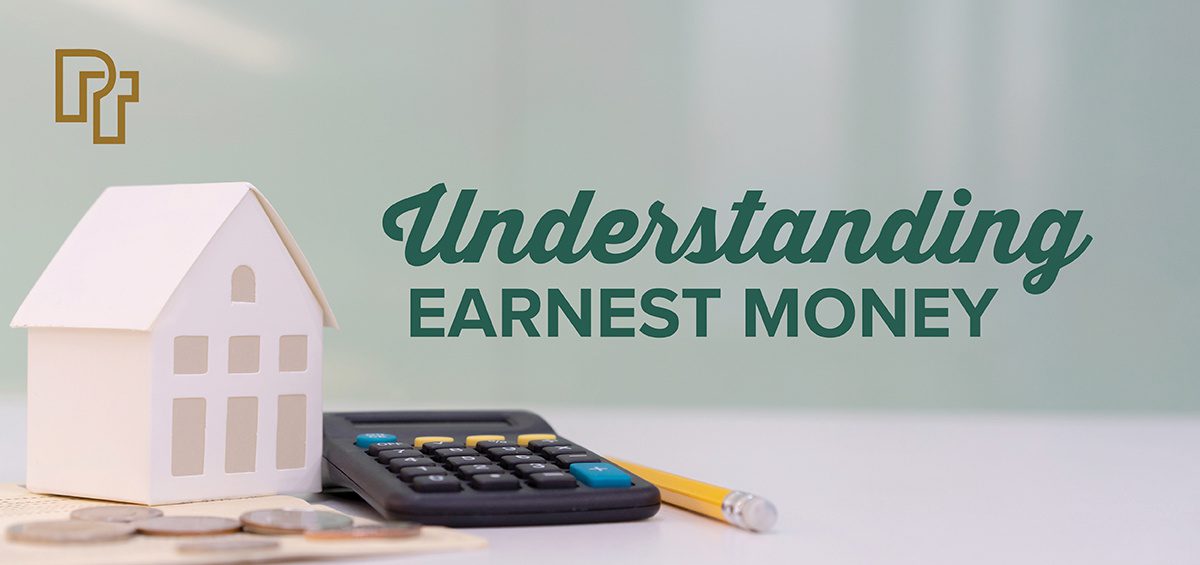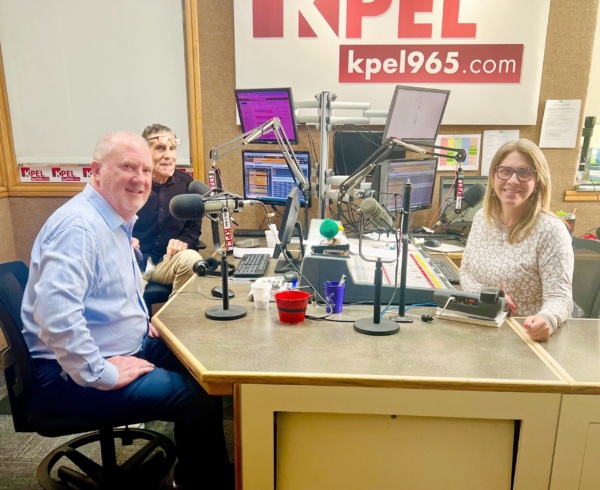Earnest money, also known as a good faith deposit, is a predetermined amount of money that buyers put down on a home before closing to demonstrate their seriousness about buying a property. It’s a form of protection for both the buyer and the seller at the outset of the purchase process.
Consider that when a buyer and seller enter into a purchase agreement, the seller typically takes the home off the market while conducting the transaction. This means if the sale falls through, the seller then has to relist the house and start all over again, often taking a financial hit. The earnest money can help keep the buyer beholden to the contract, or, if they do back out, cover the seller’s relisting expenses.
For the buyer, the deposit can result in the seller choosing their offer over others. The trust demonstrated through the earnest money can also lead to contract terms that are more favorable to the buyer.
What is a Good Earnest Money Offer Amount?
The actual amount of earnest money offered by a buyer varies depending on a number of factors, including the competitiveness of the market, property location, and the condition of the property. In most real estate markets, the average good faith deposit is between one percent and three percent of the property’s purchase price. In some of the more competitive markets, however, it can get as high as ten percent.
If a seller doesn’t dictate what they expect the offer to be, an experienced real estate agent is the best resource for determining a reasonable earnest money offer that the seller will find enticing but that won’t expose the buyer to too much financial risk.
How is the Earnest Money Paid?
Once the seller accepts a buyer’s offer, the earnest money is paid to them by personal check, certified check, or wire transfer. The money is then deposited in an escrow account or trust, usually through the seller’s real estate broker or title company. The funds stay in that account until closing when the money typically gets applied to the buyer’s down payment or closing costs.
Is Earnest Money Refundable?
Yes, a good faith deposit can be refunded to the buyer if the contract is voided based on predetermined contingencies such as:
● Home inspection contingency – the inspection uncovers serious structural or repair issues.
● Financing contingency – the buyer’s mortgage financing falls through.
● Appraisal contingency – the home doesn’t appraise for the purchase price.
● Title contingency – a title search uncovers a problem with the property’s title.
● Home sale contingency – the buyer can’t find a buyer for their current home.
The contingencies included in the contract for the earnest money deposit should be guided by the market conditions and how serious a buyer is about purchasing the property. A seller isn’t obligated to accept all contingencies but may be motivated to do so depending on how hot or cold the market is.
An earnest money deposit isn’t required for any real estate transaction. However, a lot of sellers have come to expect them. If a buyer is serious about a purchase, then a good faith deposit can get them one step closer to buying the home of their dreams.







